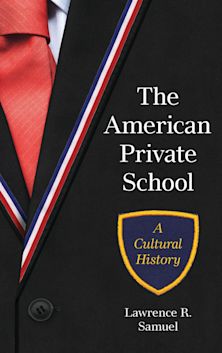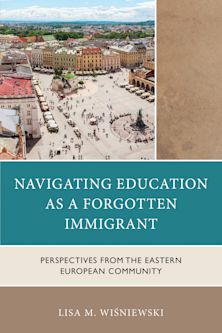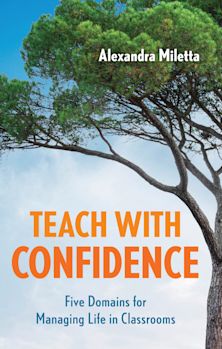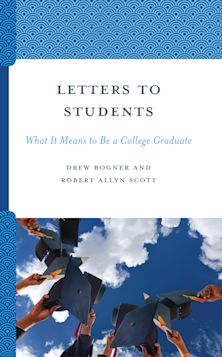- Home
- ACADEMIC
- Education
- Education - Other
- The Black College Mystique
The Black College Mystique
The Black College Mystique
You must sign in to add this item to your wishlist. Please sign in or create an account
Description
This study compares the culture of black colleges and universities a generation ago with those that exist today, and makes projections into the future, based on a comprehensive review of professional literature and an analysis of the management skills of contemporary black college leaders. The book considers the assets and liabilities of historically Black colleges and discusses the ways in which Black colleges can be of help to non-Blacks (including white students) who can benefit from the unique kind of education offered by such schools.
The mission of historically black colleges and universities (HBCUs) a generation ago focused on opening doors closed to students because of their scores on standardized aptitude tests, providing remedial and supportive services to students whose academic backgrounds reflect low levels of achievement, combining academic as well as vocational course concentrations, modifying instructional methods and techniques to meet students where they are, and take them to the higher levels they are capable of attaining. This mission of opening new opportunities, giving support to overcome deficits of the past, and preparing students for professional and academic vocations continues today for these institutions.
Table of Contents
Chapter 2 Priorities of College Presidents
Chapter 3 Carriers of the Diversity Mantra
Chapter 4 The Case for Black Colleges Today
Chapter 5 Personal Characteristics, Professional Pathways, Management Challenges of Presidents
Chapter 6 Black Colleges Redefined: A Summary
Chapter 7 Strategic Actions for Presidents and Boards
Product details
| Published | Dec 15 2005 |
|---|---|
| Format | Ebook (Epub & Mobi) |
| Edition | 1st |
| Extent | 160 |
| ISBN | 9780742571747 |
| Imprint | Rowman & Littlefield Publishers |
| Publisher | Bloomsbury Publishing |
About the contributors
Reviews
-
The Black College Mystique provides a unique study of the inner workings of Black Colleges, their special contributions, and contemporary issues facing them. As a Black college graduate, I find this excellent description to be most insightful about their contributions as mentors of future scholars and professionals.
Richard O. Hope, Vice President, the Woodrow Wilson National Fellowship Foundation
-
This study compares the educational goals and cultures of historically black colleges and universities (HBCUs) of a generation ago with those that exist today. The authors also analyze the personal characteristics of the presidents of these institutions and outline their alternative career pathways. They conclude by suggesting some action strategies for presidents and boards of HBCUs.
Reference and Research Book News
-
Analyzing the management skills of black college leaders and reviewing the professional literature on the subject, [the authors] assess the strengths and weaknesses of historically black colleges and predict how they might affect black and nonblack students in the future.
Ed. The Magazine Of The Harvard Graduate School Of Education
-
The authors combine three previously published chapters with four new pieces to build a cogent argument for the sustained existence of historically Black colleges.
The Journal of Educational Foundations
-
The Black College Mystique is interwoven with great ambitions about the possibilities and potential of the nation's HBCUs.
Journal of Higher Education
-
Charles Willie, Richard Reddick and Ronald Brown have completed a thoughtful, revealing and objective study of the role and status of America's HBCUs. By demonstrating the strengths of these institutions, the authors point to the lessons that all institutions of higher education can learn from them. To cite only two: 'We know that white students are in need of the unique care and concern that Black colleges offer,' and 'Black colleges are well positioned because of their long history of accommodating a pluralistic faculty to help other institutions of higher education learn how to achieve unity out of diversity and a sense of community among people from different cultural heritages.' I strongly encourage faculty members and administrators at every kind of college or university to study The Black College Mystique.
Mac A. Stewart, Ohio State University


































